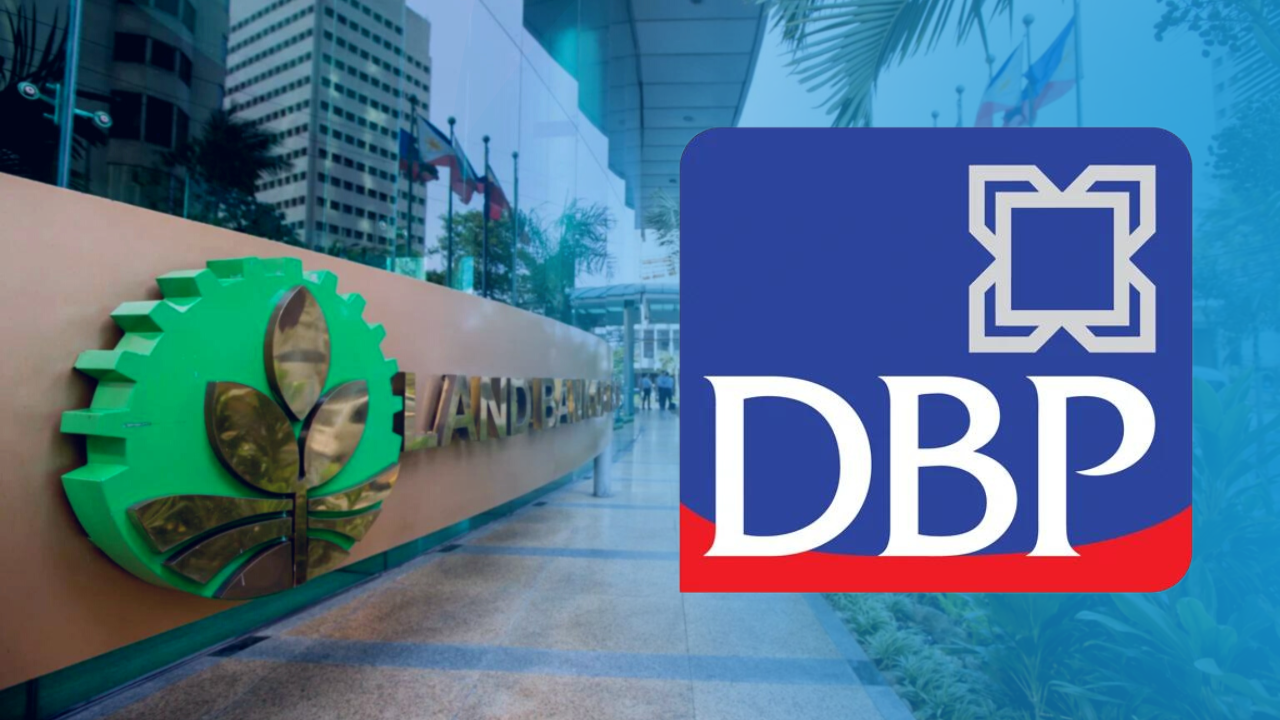The Marcos administration is pursuing plans to merge state-controlled lenders Land Bank of the Philippines (Landbank) and Development Bank of the Philippines (DBP), potentially creating the country’s largest banking entity with combined assets of about P3.8 trillion.
Several government sources told the Inquirer that after the completion of Landbank’s merger with United Coconut Planters Bank (UCPB), the economic team of President Ferdinand Marcos Jr. led by Finance Secretary Benjamin Diokno had begun the groundwork to merge Landbank and DBP.
One government source familiar with the matter said the Department of Finance had already submitted a “draft proposal” to the Governance Commission for GOCCs (GCG), which is mandated to police government-owned and -controlled corporations (GOCCs).
Another well-placed government source confirmed that the GCG was already evaluating the proposal. “The technocratic side of government is backed by the Washington consensus that bigger is better,” the source said, adding this was also in line with the Bangko Sentral ng Pilipinas’ thrust to encourage banking consolidation.
Apart from institutionalizing transparency, accountability, financial viability and responsiveness, the GCG is mandated to rationalize the GOCC sector through “streamlining, reorganization, merger, as well as recommending to the President of the Philippines the privatization or abolition of a GOCC.”
Delayed merger
One of the sources said the merger of the two banks had been laid out during the term of the late President Benigno Aquino III, but was not implemented because the executive order (EO) came out late. The succeeding President, Rodrigo Duterte, was not keen on enforcing the EO signed by Aquino but instead merged Landbank and UCPB, the source noted.
Based on data as of end-September 2022, merging Landbank and DBP will create an entity with an asset base that could dislodge Sy family-led BDO Unibank as the country’s largest bank. Currently with assets of P3.73 trillion, BDO has reigned as the dominant entity for about 14 years.
Landbank is currently the second largest bank with assets amounting to P2.76 trillion, while DBP ranks eighth with P1.035 trillion.
Being the much larger entity, Landbank is expected to be the surviving entity in the potential merger.
The last time that a government-owned bank dominated the local banking system was during the term of former President Fidel Ramos, when Philippine National Bank was still state-controlled.
Increased efficiency
The union of the two government banks is seen to unlock efficiency that will benefit the government corporate sector.
“The larger branch network will allow the merged group to generate more low-cost deposits (current and savings account), reducing funding cost,” said April Lee-Tan, chief strategist at COL Financial, when asked about the likely impact of such a potential merger.
“There will also be cost synergies. Redundant costs can be removed,” Lee-Tan said in a text message.
The two government-owned banks will have a combined network of 824 branches and “branch lite” units. Landbank currently has 677 and DBP has 147, of which 15 are branch lite units or those that perform limited banking activities and record their transactions in the books of the head office or the branch to which they are annexed.
“Finally, both banks are closer to the altar of union! The merger will result in a bigger and better and more competitive universal bank in the country. Such a move, hopefully, will pave way for more rationalization of more GFIs (government financial institutions) or GOCCs to make our government leaner and more efficient,” said Astro del Castillo, managing director at fund management firm First Grade Finance.
“The merged entity will definitely be a giant among banks. We do hope it will immediately accomplish its mission in delivering the much needed financing services to its stakeholders,” he added.
Both DBP and Landbank are among those eyed to provide seed money to the government’s proposed sovereign wealth fund called Maharlika Investment Fund. Both are profitable entities, with Landbank booking a net income of P30.1 billion last year and DBP chalking up P5.61 billion, up by 38.2 percent and 50 percent, respectively, from their levels in 2021.


